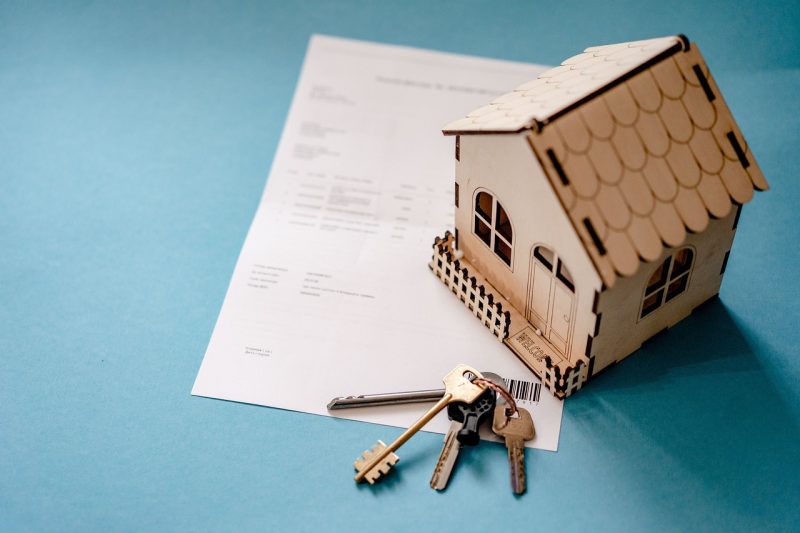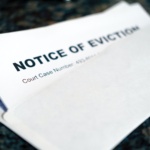Many homeowners and investors rent out their entire homes to make passive income or cover expenses. Is it allowed to rent your house out with a mortgage? What rules should landlords be aware? In our latest Landlord guide, liv.rent will walk you through all the steps you’ll need to take prior to renting out your house with a mortgage – from getting the right type of mortgage, to ensuring you’re maximizing your property’s profits.
Can I rent my house if Canada has a mortgage?
If you’re considering renting out a house with a mortgage, you’re probably in one of two situations: either you’re looking to rent out a room in your primary residence, or you’re planning on purchasing a second property with the sole purpose of renting it out. Lenders see these as two different cases. The first is an Owner-occupied mortgage. The latter is a Nonowner-occupied mortgage. These may be subject to the exact same rules and higher rates as a commercial mortgage.
Owner-occupied Mortgage
Lenders may include conditions in the mortgage agreement that require that the property be occupied by the owner. This means that the homeowner must live on the property at all time. This is typically seen as a measure to prevent borrowers from defaulting on their loans, since they’ll still be present on the property. If you’re interested in renting out your entire property and living elsewhere, you’ll likely need to talk to your lenders about attaining a new mortgage.
Owner-occupier mortgage holders will usually have no problems renting out a part of their property such as a basement or laneway house. Nevertheless, it’s always best to notify your lenders in advance of any changes in occupancy, or at least consult your mortgage terms to ensure you’re not breaking any rules.
Non-owner-occupied mortgage
For prospective landlords interested in renting out an entire property while living elsewhere, you’ll need to make sure you have a non-owner-occupied mortgage. Lenders may require homeowners to meet stricter criteria because these properties are more likely to be used as investment properties than primary residences.
Non-owner-occupied property is generally subject to the exact same restrictions as commercial mortgages. Lenders may ask for a higher downpayment to secure their loan. For landlords looking to grow their portfolio, ensuring that your rental property’s mortgage allows for the unit to be non-owner-occupied is key.









